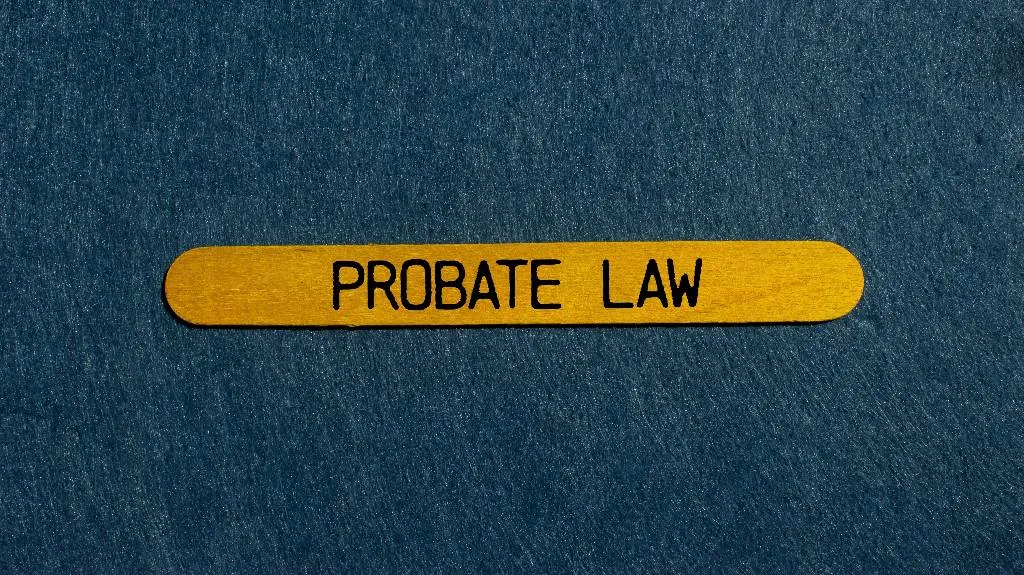When someone dies, they often leave behind assets that must be disbursed and debts that must be paid. The process by which this happens is probate. It is a court-supervised process by which these tasks are handled in accordance with the law, with the ultimate goal of achieving fairness in the distribution.
The process occurs when a person dies without a will (intestate) or when they die with a will (testate). The probate code will dictate how one’s assets and debts are paid at death unless you have a valid will in place, which provides your own instructions rather than those contained in the probate code. As long as your will doesn’t violate the probate code or judicial precedent, it will control how your estate is disbursed.
Get a Free Consultation Today
A properly funded trust in place at the time of your death is the simplest way you can avoid probate. The only other time probate is avoided is if you die with no assets, or with assets which are valued for less than the then current cap for qualifying for small estate distributions (California Probate Code §13100) (see https://filippilaw.com/what-is-a-small-estate-affidavit).
The probate process includes the marshaling of the assets to determine what is contained in the decedent’s estate at their death and the collection of bills and creditor claims to ensure the debts are properly paid. Once debts are paid, the remaining assets are then disbursed according to the probate code if there was no will or according to the will if there was a valid, enforceable will.
The sale of assets or the disbursement of any funds must be approved by the court, unless the executor was granted full authority under the Independent Administration of Estates Act (IAEA) (California Probate Code Section 10400). The IAEA limits the required judicial oversight of the probate process and ultimately speeds up the overall time required to complete the entire probate process. We will cover the IAEA in more depth in a future article.
The probate process, which we will discuss in more detail in our next article, typically takes 8–12 months. There are a lot of factors that go into determining the time period it will take, but what does not change is the four-month period required for the submission of creditor claims.
In addition, probate involves a lot of moving parts and makes it very easy to miss something, which can cause additional delays. But what is always present is court involvement, which is typically the largest source of delay. This is so even during normal times, but when you add in a global pandemic, the delays are compounded.
As mentioned, there are ways to avoid probate, but after one has already passed on, it is too late. Avoiding probate requires advanced action, which we call estate planning. It is there that you are able to make the decisions and take the actions needed to keep your estate out of probate court.
Getting through the probate process is a long and arduous process for anyone. Going through it without an attorney will compound that. But either way, understanding what probate is helps to make the process a little easier to navigate. We hope you return for our next article, which details the probate process from beginning to end.
Filippi Law Firm, P.C., provides legal services in estate planning, probate, trust administration, trust litigation, and personal bankruptcy in the greater Sacramento area, with a focus in Rocklin, Roseville, Lincoln, and Granite Bay. Give us a call at (916) 333-7910 or fill out the contact form to get in touch with our office. Consultations are free, and they can be done over the phone, via Zoom, or in person at our office in Rocklin. Prepare for your future and work with the best estate planning attorneys today.




